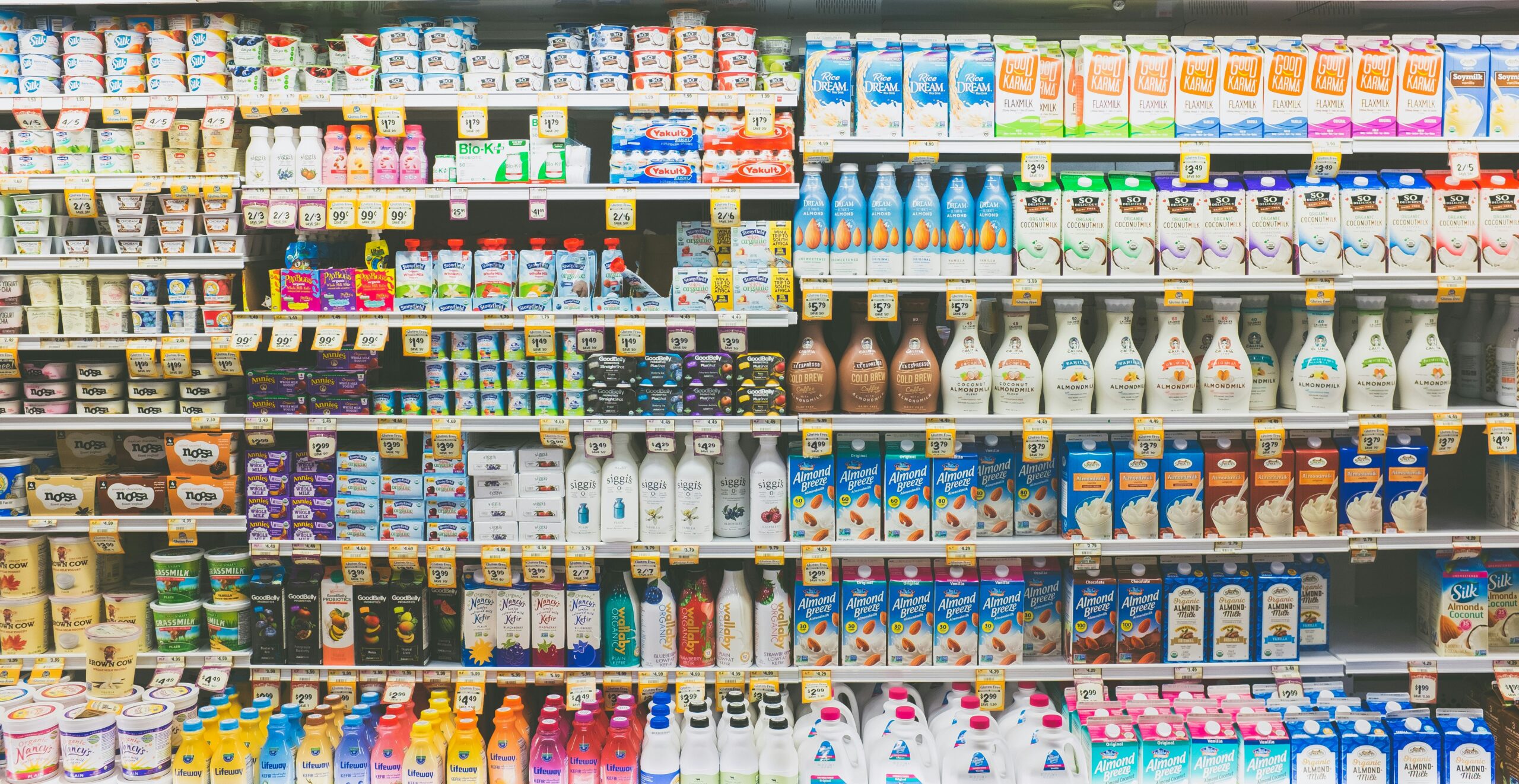The agricultural value chain is a vast landscape extending far beyond the farm. Understanding where economic value lies within this chain is crucial to navigating shifting market dynamics. While supporting farmers remains essential, significant opportunities for innovation lie within other dominant food industries with the potential sustainability at scale.
To understand this value distribution, we turn to the “Food Dollar.” Representing every dollar spent on domestically produced food, it’s divided across 12 key industries from agribusiness to wholesale trade. Importantly, these figures are adjusted for inflation and reflect the dollar’s value in 2017, allowing for meaningful comparisons over time. While farm production is vital, comprising a growing 8.4 cents of the real (inflation-adjusted) food dollar in 2023, food services; processing; and retail trade constitute a significantly larger share. To grow impact and ROI, startups and VCs should explore these sectors as well.
So, where are the opportunities within these dominant industries? Let’s spotlight the top three by 2023 Food Dollar share:
- Food Services (34.7 cents): This sector, which encompasses restaurants and catering, faces sustainability challenges such as food waste, energy consumption, and complex sourcing. This opens opportunities for:
- AI-driven inventory management systems to optimize stock and minimize food waste.
- Digital platforms connecting food services with local, sustainable ingredient suppliers.
- Energy-efficient kitchen equipment and practices to reduce operational carbon footprint and costs.
- Food Processing (14.6 cents): Transforming raw agricultural products, this industry faces high energy and water usage, as well as packaging challenges. Promising areas of opportunity include:
- Eco-friendly processing technologies to reduce energy and water consumption.
- Sustainable packaging solutions using biodegradable or easily recyclable materials.
- Upcycling technologies to transform food byproducts into value-added ingredients or products.
- Retail Trade (13.7 cents): Supermarkets and online retailers face challenges in waste management and supply chain transparency, creating opportunities for:
- Smart inventory management to reduce food waste and optimize stock levels.
- Sustainable private label product development, giving retailers more control over sourcing and packaging decisions.
- Omnichannel solutions that integrate online and offline shopping experiences, reducing overall environmental impact through optimized logistics.
The future of food extends beyond the farm. Startups tackling these issues across food services, processing, and retail can drive significant change. By focusing on solutions that reduce waste, enhance efficiency, and promote transparency, we can build a more resilient and responsible food system.
